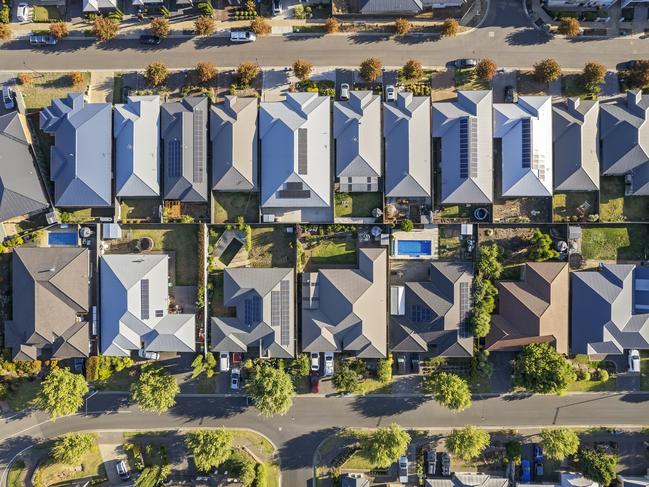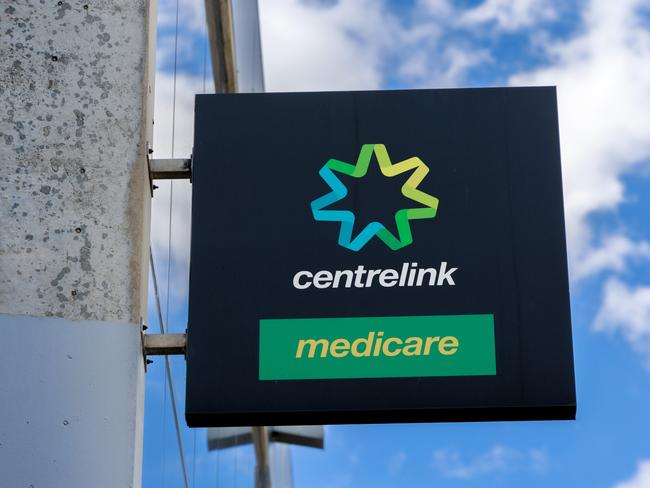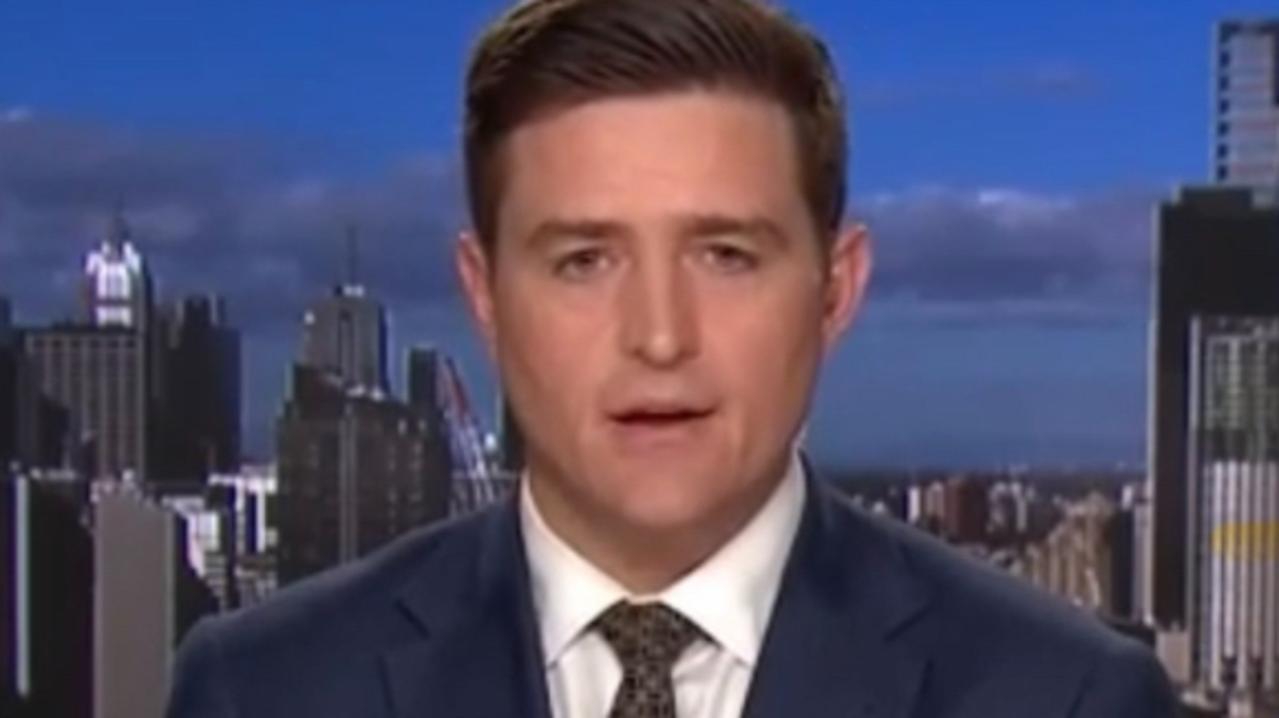Government changes to first home buyers, minimum wage, migration, visas
There are major changes coming to welfare, childcare, real estate and other living expenses from July 1. This is how it will affect Aussie households.

National
Don't miss out on the headlines from National. Followed categories will be added to My News.
There are a raft of changes coming to welfare, real estate, health and other living expenses from July 1, 2023. This is what’s coming and how it will affect Aussie families.
FIRST HOME BUYERS
In good news for prospective home buyers trying to get a leg up the property ladder, the First Home Guarantee Scheme will be expanded and the definition of a couple will be broadened to mean “any two eligible individuals”.
The First Home Guarantee is a government incentive that allows first home buyers to purchase their first home with a deposit as low as 5 per cent, without the need to pay Lenders’ Mortgage Insurance.

The new move will allow family members or two friends living together to access the scheme from July 1.
The changes also cover regional home buyers under the Regional First Home Guarantee scheme.
For those using the Family Home Guarantee scheme, the definition of single parent will be expanded to include legal guardians, including aunts, uncles and grandparents.
The new rules apply to previous home buyers who have not owned a property in the past 10 years and the scheme has been expanded to include permanent residents, as well as Australian citizens.
STAMP DUTY/TRANSFER DUTY
The Transfer Duty exemption for first home buyers will increase from $650,000 to $800,000. As part of the changes to the First Home Buyers Assistance Scheme, concessions will be increased from $800,000 up to $1 million.
That means if you pay up to $800,000 for your first property and are an eligible First Home Buyer, you won’t have to pay any Transfer Duty.
If your first property costs between $800,000 and $1 million, the concession will apply and you will only have to pay a portion of Transfer Duty.
MINIMUM WAGE
Nearly 200,000 of Australia’s lowest-paid workers will receive a historic 8.6 per cent pay rise following a decision by the industrial umpire to lift minimum and award wages.
While about 2.5 million award-reliant workers – nearly one in four Australian employees – will receive a 5.75 per cent increase to their wages, an estimated 184,000 workers on the national minimum wage will receive a record 8.6 per cent rise.
Workers on the national minimum wage will have their weekly minimum pay jump by about $70 a week, from $812.60 to $882.90, while their hourly rate will rise to $21.38 to $23.23.
Award-reliant workers will see their hourly rate lift by $1.23 from $21.38 to $22.61 and the weekly rate climb by $46.72 to $859.32.
PAID PARENTAL LEAVE
From July 1, 2023, the current entitlement to 18 weeks’ paid parental leave pay will be combined with the current Dad and Partner Pay entitlement to two weeks of pay.
This means partnered couples will be able to claim up to 20 weeks of paid parental leave between them.
Parents who are single at the time of their claim can access the full 20 weeks.
These changes affect employees whose baby is born or placed in their care on or after 1 July 2023.

CHILD CARE SUBSIDY
From July 10 2023, if your family earns under $530,000, you’ll get increased Child Care Subsidy (CCS).
The CCS percentage you’re entitled to depends on your family’s income. The income limit to get the maximum CCS is increasing. Families earning up to $80,000 will get an increased maximum CCS amount, from 85 per cent to 90 per cent.
If you earn over $80,000 you may get a subsidy starting from 90 per cent. This will go down by 1 per cent for each $5,000 of income your family earns. You’ll either get more subsidy or have no change to your entitlement.
If you have more than one child aged five or under, you can still get a higher rate for one or more of your children.
The low income limit for Additional Child Care Subsidy Transition to Work will also increase to $80,000.
If you already get CCS, you don’t need to do anything to get the increased rate, it will be applied to your CCS automatically.

UNEMPLOYMENT, YOUTH, STUDENT AND DISABILITY SUPPORT PAYMENTS
The Jobseeker, Youth Allowance, Austudy, Abstudy, and the Disability Support payments will increase by $40 a fortnight, or $2.80 per day. That means, the fortnightly payment for a single person with no children will increase to more than $730 from September.
The age limit for a higher Jobseeker rate will be dropped from 60 to 55 in recognition of the fact it is harder for older people to find work.
COSMETIC SURGERY
From 1 July, doctors offering cosmetic procedures will be banned from using influencer testimonials or posting photoshopped images on social media, amid reforms of this $1.4 billion industry aimed at cracking down on rogue cosmetic operators.
MIGRATION
New Zealanders who have called Australia home for four or more years can apply directly for Australian citizenship without having to first apply for and be granted a permanent visa.
The changes apply to New Zealand citizens who hold a Special Category (subclass 444) visa (SCV) who arrived here after 26 February 2001.
Those who are long-term residents will be able to have their period of permanent residence backdated.
NEW VISA FOR PACIFIC MIGRANTS
A new visa will be introduced that will grant 3000 places to eligible migrants from Pacific countries and Timor Leste.
Spots for the Pacific Engagement visa will be allocated by a ballot process each year, and those selected will be able to apply for permanent residence in Australia.
There will be no increase to the cost of the PEV visa.
More Coverage
Originally published as Government changes to first home buyers, minimum wage, migration, visas




